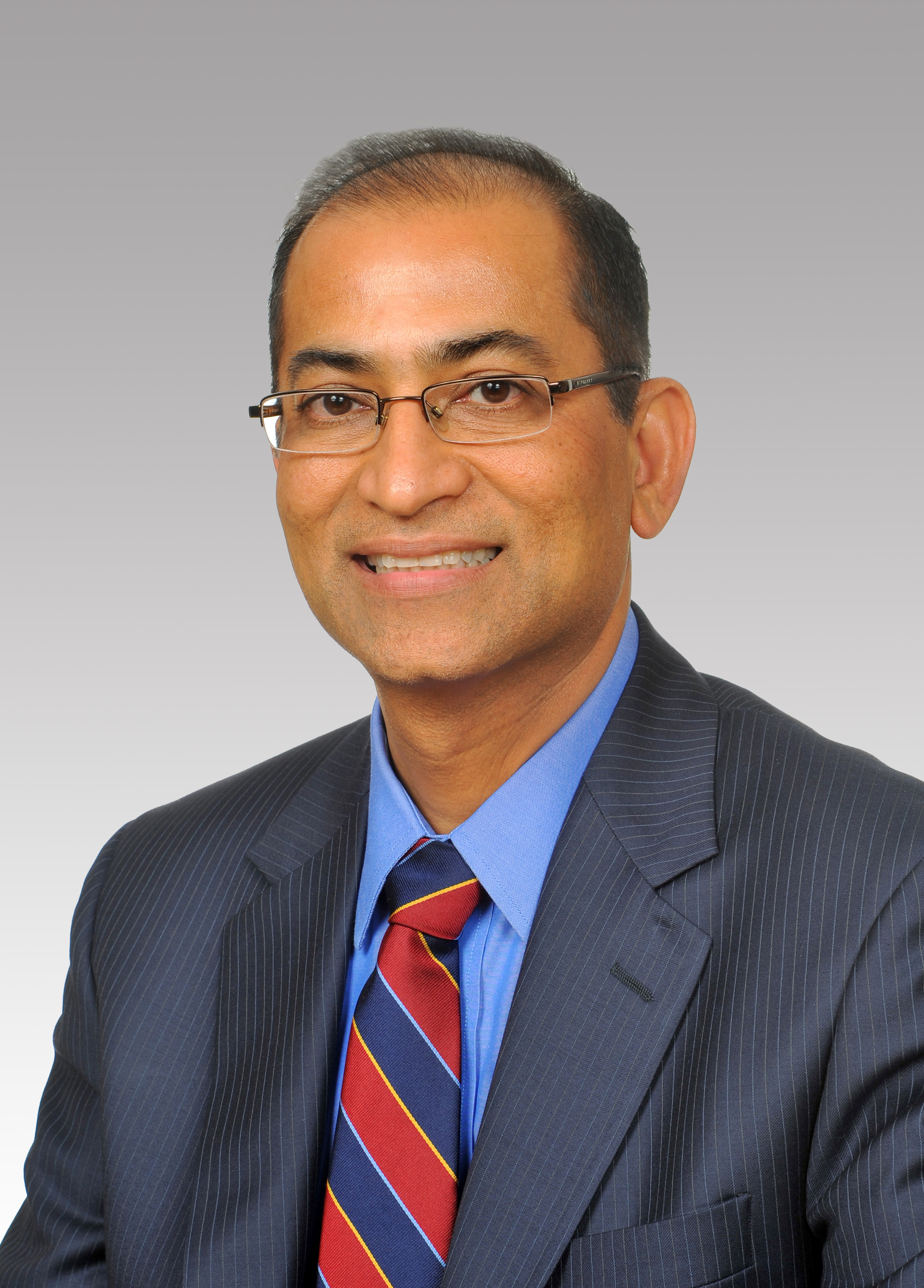In collaboration with CHIME, Becker's Hospital Review's "Life of a Healthcare CIO" series features leading hospital and health system CIOs from across the country who are sharing their experiences, best practices and challenges.
To recommend a CIO to be featured in this series, please contact Akanksha Jayanthi (ajayanthi@beckershealthcare.com).
An interview with Shafiq Rab, MD, vice president and CIO at Hackensack (N.J.) University Medical Center.
(Note: Interview has been edited for length and clarity).
Question: You've been with HackensackUMC since 2012 but have held previous CIO positions at Greater Hudson Valley Health System, St. Mary's Hospital and East Mountain Hospital. How have you seen the health IT environment and landscape change over the course of your 16-year career?
 Dr. Shafiq Rab: Some things have stayed the same and some things have changed. My job has changed from the old way of just sending an email to actually providing analytical information and critical thinking — not only for the CEO and the board, but also for the patient.
Dr. Shafiq Rab: Some things have stayed the same and some things have changed. My job has changed from the old way of just sending an email to actually providing analytical information and critical thinking — not only for the CEO and the board, but also for the patient.
In the olden days, we were looking at things retrospectively. Now everything's prospective. And not only prospective, but it has to be predictive. And not only predictive, but it has to be customer service-oriented. Everybody can access healthcare, and everyone's competing for the same dollar. As CIOs, our job is not only to serve the hospital, but we're also serving the patients. We have to make [healthcare] more user-friendly for all and more attractive for patients to choose us, to choose our health system and to choose our providers.
In my career as a CIO, I have finally arrived at a place where I can do the right thing by serving my organization, our patients and their families. I have become a better server.
Q: Over the course of your career, what has been your biggest accomplishment?
SR: First, I have been proud to develop future leaders for IT; forming adaptive, agile teams for tomorrow. I joined healthcare to serve others. That makes me happy. What makes me happier is if I can encourage others to do the same with me and form a fellowship.
Second is the ability to provide access to affordable, efficient and high-quality healthcare from the comfort of the patient's home while also integrating the patient's family.
The third is the use of video, apps and gamification. I have been able to use video technology for mothers to see their children and fathers to see their newborns. I have witnessed the gamification of healthcare make a child's hospital stay less stressful. All of a sudden, the strange unfamiliar environment of a hospital becomes a child's play room. When speaking of achievements, it's the ability to make these strange environments of healthcare more welcoming and familiar for those who come to seek care in their most vulnerable time.
The use of technology [can] bring humanity and humaneness into healthcare because healthcare settings provoke such an unfamiliar, anxious moment for people. Even when I'm sick or my child is sick, it's a very scary moment. During these moments, if I'm able as a CIO, to provide video communication with loved ones and information among doctors to produce a great outcome, there is no greater satisfaction.
Q: What is the biggest challenge you are facing right now?
SR: Security is a big challenge for us and for anybody in this industry, especially with so much identity theft. And I'm working through shadow IT and shadow software. As a CIO, you have to think of the use case of IT and think outside of the box. We have to open up our minds and get outside of our comfort zones and pick uses we thought were not possible. I'm challenging myself everyday to stay relevant and give the gift that technology has provided to decrease costs and improve healthcare delivery, outcomes and patient experience.
They're all here. We have all the tools at our disposal. It's up to us how we use IT to make communication and connectivity better.
Q: What is one lesson you've learned that you would like to share with other CIOs?
SR: Humility and humbleness, because we are in this profession to serve. Demonstrate humility and humbleness in the way we speak. Working in a healthcare environment, we should speak softly because many of those speaking to us are in pain or need help. Our tone can help ease their worry.
I would also advise others to be ready for the future now. We as CIOs cannot be thinking today for today. Right now, we have to think about tomorrow and the day after tomorrow. I, as a CIO, live in 2018, even though this is 2015. Only through this foresight and vision will we be able to adequately serve our colleagues and friends.
Also, do not stay only within the circles of healthcare CIOs. Talk to other CIOs in other industries, whether it's banking, power or entertainment. I have learned a lot from those colleagues. My life advice is we have a long way to go. I have learned that there is always something new to learn. I still have a lot to learn, and I am excited to do so.
More articles on CIOs:
6 standout CIOs | Part 3
3 thoughts from La Rabida Children's CIO Vincent Vitali on determining IT value
10 career lessons from CIOs, for CIOs
